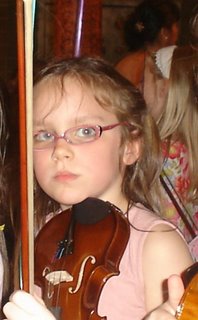Teaching with Expertise in Mind
 Nobel Laureate V.S Naipaul is right when he says that “Most people are not really free. They are confined by the niche in the world that they carve out for themselves. They limit themselves to fewer possibilities by the narrowness of their vision.” This is true in education and the limits are damning. Teachers, parents and administrators limit academic achievement by feeding in to a defeatist mindset that says “can’t” instead of “can”. Actual phrases I’ve heard that retard academic achievement and intellectual growth:
First we need to clarify that education is not easy or natural for children. According to MIT Professor Steven Pinker, “education is a technology that tries to make up for what the human mind is innately bad at. Children don’t go to school to learn to walk, talk, recognize objects, or remember the personalities of their friends, even though these tasks are much harder than reading, adding, or remembering dates in history. They do have to go to school to learn written language, arithmetic, and science, because those bodies of knowledge and skill were invented too recently for any species-wide knack for them to have evolved.” So let’s admit that school work is both difficult and necessary. Professor K. Anders Ericsson, from Florida State, has spent the last 20 years studying expertise and believes that there are no special inherited qualities that distinguish persons with expert abilities. The key is a willingness to “stretch yourself to the limit and increase control over your performance.” Ericsson even breaks it down into a cogent individual study plan:
It’s not a big jump to turn this framework into a lesson plan. One more thing about Ericsson, he claims that expert level skills can be attained in 200 hours! So our brains aren’t wired for school; however, with a detailed focused plan and hard work we can attain expertise. That’s powerful stuff when thought of in terms of education. The truth is that it's all "can" except for those who preach the gospel of "can't". Must Reads Ericsson’s The Road to Excellence Pinker’s The Blank Slate Restak’s The New Brain |

Comments on "Teaching with Expertise in Mind"
-
 Tanya Nichols said ... (11:07 PM) :
Tanya Nichols said ... (11:07 PM) :
post a commentThank you for the insightful tidbits of knowledge...